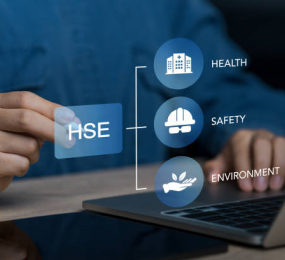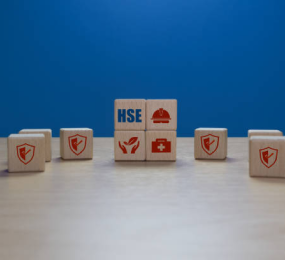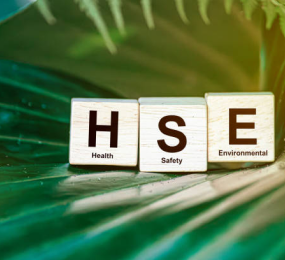Mental Health and Well-being in the Energy Sector: Addressing Workplace Stress and Fatigue
The energy sector, encompassing demanding roles from frontline operations to executive leadership, often exposes workers to significant stressors. Long and irregular hours, remote work environments, high-stakes responsibilities, and physical hazards can contribute to workplace stress and fatigue, impacting mental health and overall well-being. Addressing these issues is not only a moral imperative but also crucial for ensuring a safe, productive, and sustainable workforce.
Workplace stress in the energy sector can stem from various sources. The pressure to maintain critical infrastructure, respond to emergencies, and adapt to rapidly changing technologies can create a high-pressure environment. For those in remote or offshore roles, isolation and separation from family can exacerbate feelings of stress and loneliness. Fatigue, both physical and mental, is another prevalent concern due to demanding work schedules and the need for constant vigilance in hazardous environments.
The consequences of neglecting mental health and well-being in this sector are far-reaching. Increased risk of accidents and errors due to impaired cognitive function, decreased productivity and engagement, higher rates of absenteeism, and increased healthcare costs are all potential outcomes. Moreover, a culture that doesn't prioritize mental health can lead to stigma, preventing individuals from seeking the support they need.
Addressing these challenges requires a multi-pronged approach. Companies should prioritize creating a supportive and inclusive work culture where open communication about mental health is encouraged and destigmatized. Implementing robust fatigue management programs, ensuring adequate rest periods, and promoting work-life balance are essential. Providing access to mental health resources, such as employee assistance programs (EAPs), counseling services, and mental health awareness training, is crucial. Furthermore, leadership should champion well-being initiatives and foster a culture where seeking help is seen as a sign of strength, not weakness. By proactively addressing workplace stress and fatigue, the energy sector can cultivate a healthier, more resilient, and ultimately more successful workforce.
Visit our website to know more: https://www.leadventgrp.com/events/hse-excellence-for-energy-and-utilities/details
For more information and group participation, contact us: [email protected]
Leadvent Group - Industry Leading Events for Business Leaders!
www.leadventgrp.com| [email protected]











